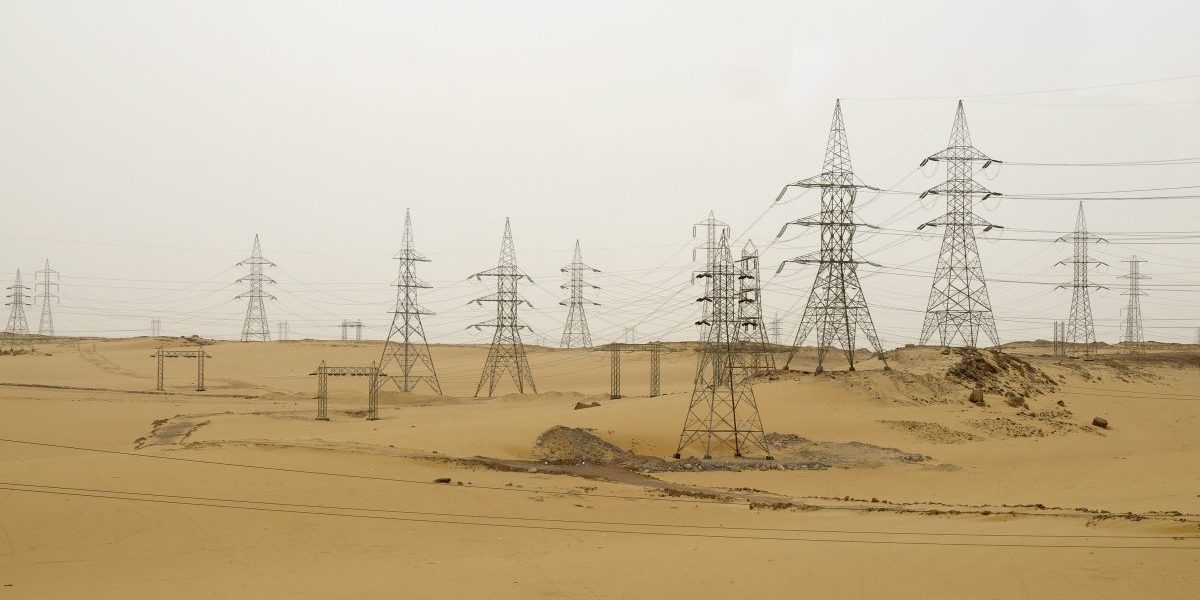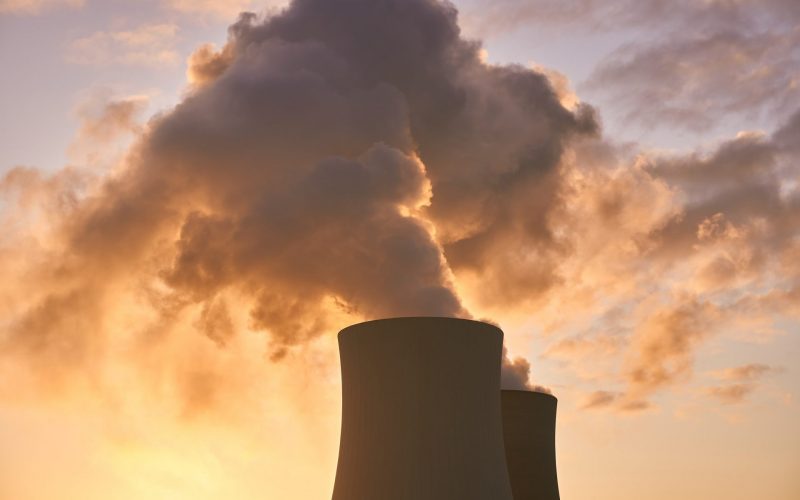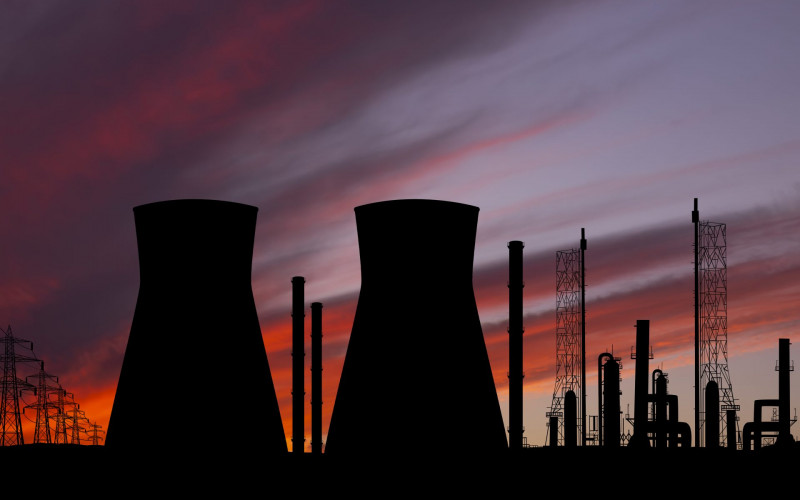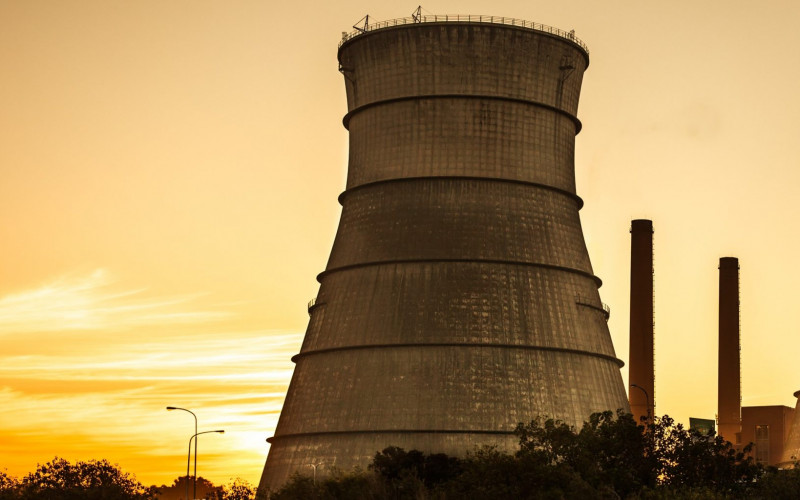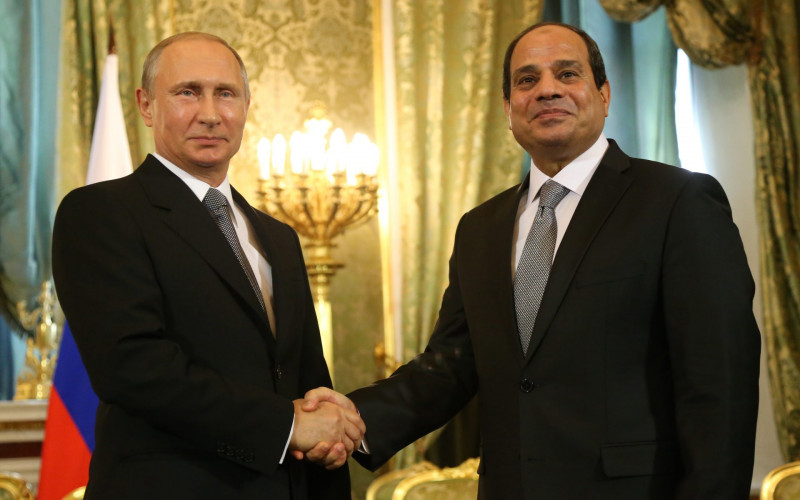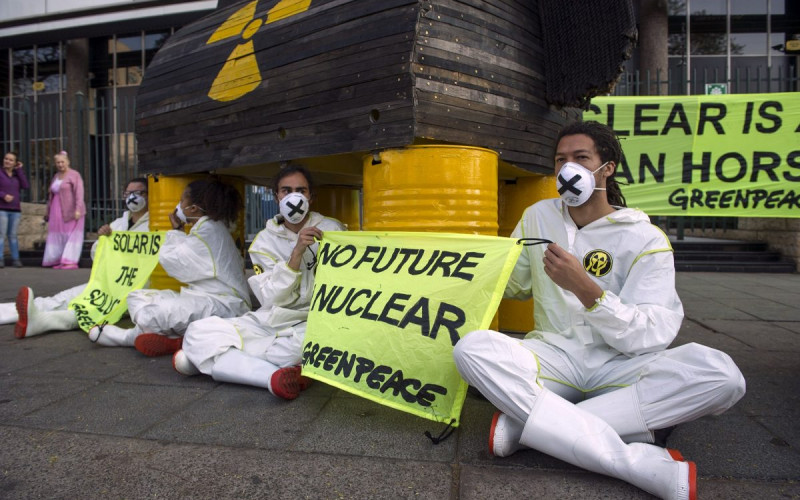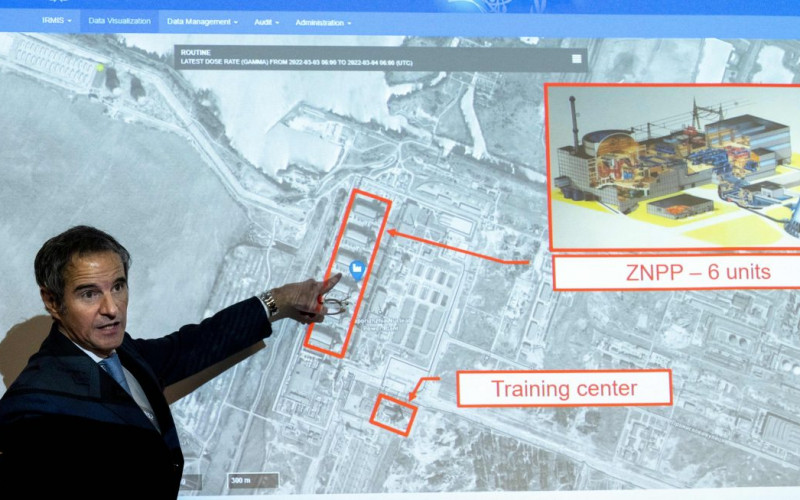Summary:
- Currently, the Egyptian government is prioritising large-scale, top-down, modernist projects, which include the construction of a nuclear power plant.
- After five decades of on-and-off discussions under successive governments about constructing a nuclear power plant, the project is now officially in progress. Egypt is fulfilling its long-held aspirations of a nuclear future.
- The professed objective of the power plant project is to achieve self-sufficiency in energy amid increasing demand and a growing population of around 100 million people. However, the project has also been framed in undertones of national prestige.
- Egypt’s policy on nuclear weapons has been dictated by concerns over Israel’s possession of the bomb. Cairo has been the main proponent of the establishment of a zone free of weapons of mass destruction in the Middle East and has dedicated diplomatic efforts to reaching this objective.
- Critics of the nuclear programme have pointed out that Egypt has an electricity surplus with supply outstripping demand, leading many to question the necessity of a nuclear power plant. However, architects of the programme argue that it is necessary for long-term electricity supply, as Egypt’s population is growing and energy consumption is rising.
- There has been criticism of the government’s failure to involve the public and civil society in its nuclear plans.

